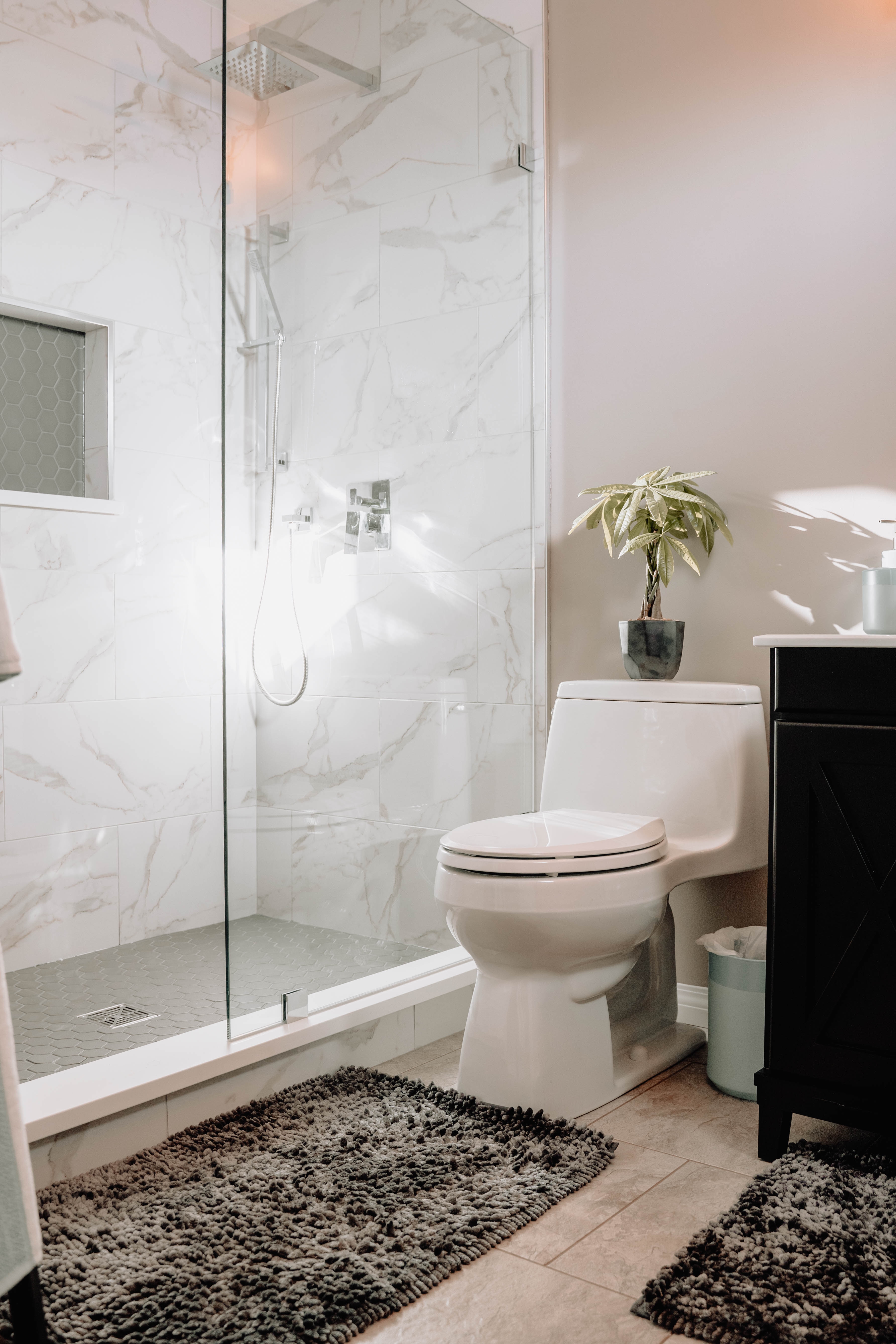Real Estate Tips
What are the Pros and Cons of Buying a Home with a Septic Tank?
Buying a home with a septic tank comes with its own set of advantages and challenges. This guide explores the pros and cons of homes with septic systems, delving into the maintenance requirements and associated costs to help potential buyers make informed decisions.
Understanding Septic Systems
Definition: A septic system is an on-site wastewater treatment and disposal system, commonly used in areas without centralized sewer systems. It consists of a septic tank and a drainfield, where wastewater is treated and dispersed into the soil.
Pros of Homes with Septic Tanks
1. Independence from Public Sewer:
Homes with septic tanks are not reliant on public sewer systems, providing independence and avoiding potential issues with municipal sewer lines.
2. Lower Monthly Costs:
In some cases, homes with septic systems may have lower monthly utility costs, as they don't incur fees associated with connecting to public sewer services.
3. Environmental Friendliness:
Properly maintained septic systems can be environmentally friendly, treating wastewater on-site and preventing the discharge of untreated sewage into water bodies.
4. Potential for Rural Living:
Homes in rural or less-developed areas often rely on septic systems due to the absence of municipal sewer infrastructure, enabling homeownership in scenic or remote locations.
Cons of Homes with Septic Tanks
1. Maintenance Responsibilities:
Homeowners are responsible for septic system maintenance, including regular pumping of the septic tank and proper disposal of certain household waste to avoid system issues.
2. Initial Installation Costs:
The initial installation of a septic system can be costly, involving excavation, tank installation, and drainfield construction.
3. Potential for Repairs:
Septic systems may require repairs, and issues can arise if the system is not properly maintained. Repairs can range from fixing leaks to replacing components.
4. Limited Usage Guidelines:
Septic systems have usage guidelines, and homeowners need to be mindful of what goes into the system to prevent clogs and ensure proper functioning.
Septic System Maintenance and Costs
1. Regular Pumping:
The septic tank should be pumped regularly, typically every 3 to 5 years, to remove accumulated solids and prevent blockages.
2. Careful Waste Disposal:
Homeowners should avoid flushing non-biodegradable items, chemicals, and excessive amounts of grease into the system.
3. Inspections:
Periodic inspections by professionals can identify potential issues before they become major problems.
4. Cost Estimates:
The cost of septic system maintenance can vary based on location and system size, but homeowners should budget for routine pumping and occasional repairs.
Informed Decision-Making
In conclusion, buying a home with a septic tank involves a careful consideration of both the advantages and challenges associated with such systems. Understanding the maintenance requirements, potential costs, and the responsibilities of homeownership with a septic system is crucial for making informed decisions. While septic systems offer independence and can be environmentally friendly when properly maintained, buyers should weigh these benefits against the ongoing responsibilities and potential expenses associated with septic tank ownership.




